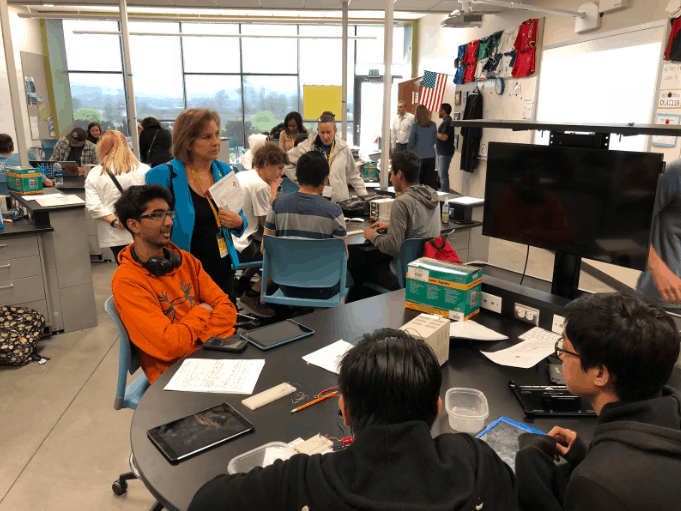Show What You Know
Our traditional system of measuring and credentialing learning, which we have relied on for over 100 years, can no longer adjust quickly enough to continue preparing our students for success in a world quickly changing as a result of technologies like AI. Traditionally underserved students are likely to suffer the worst from this shift.
Competency-based school models take advantage of new tools and strategies to enable students to learn at their own pace, any time, and everywhere, and if designed with a focus on equity they hold great promise for improving learning for all students. The shift from marking time to ‘show what you know’ and ‘move on when ready’ will take a generation to become widespread, but it has the potential to better prepare more young people for the innovation economy. This series explores where we’re at in (and ways to accelerate) this shift.
35 Competency-Based Education Advocacy & Research Organizations
The organizations discussed in this post are interesting and forward-leaning groups moving the needle forward in terms of our collective understanding of what competency education is, and what it could be.
40 Competency-Based Education Publications and Resources
We've been hard at work researching the landscape of competency-based education (CBE). The resources highlighted in this post contain valuable, thought-provoking ideas that are helpful in understanding what CBE is, how to communicate about it, and how to plan for it.
18 Examples of State Policies that Support Competency-Based Programs
In this post, we look at examples of state policies grouped by their features of flexibility from time-based systems, competency-based diplomas, acceptance of competency-based diplomas and credits by higher education, flexible learning, state assessments, and innovation pilots.
10 Corporate and Higher Education Examples of Competency-Based Programs
The initiatives highlighted in this post are interesting and forward-leaning examples of ways that employers and higher education providers are designing competency-based programs.
Helpful Tools for Providing Effective Competency-Based Education
These tools represent a sampling of some of the best CBE-capable edtech in the areas of learning platforms/learning management systems, curriculum resources, assessment/reporting, and platforms that fall outside of these categories.
On Becoming Student-Centered and Mastery-Based
In this episode of the Getting Smart podcast, Tom chats with Dr. Susan Bell about Windsor Locks Public Schools and their move to mastery-based learning.
Show What You Know: The Shift to Competency
Competency-based school models have the potential to better prepare young people for the innovation economy. But what is competency-based? How do we get there? What are the risks?
How IMS is Leading on Interoperability and Credentialing
Plumbing--you don’t think about it, but can’t imagine life without it. In education, data is now the plumbing, and IMS Global Learning Consortium is the leading standards-setting body. Here, we look at some big announcements from a recent event they hosted.
Rethinking the High School Credential
Most American youth don’t get what they need from high school. There are lots of reasons, but two root problems are how we’ve defined the finish line and how we communicate success. Here, we look at the current high school credentialing system and the questions we think need to be answered to drive progress.
Credentialing America: How Impact Investing Can Help
For individuals, the right kind of education can boost employability. For communities, educational attainment correlates with better social, economic and personal outcomes for citizens. How can we spread access to high-quality credentials?












